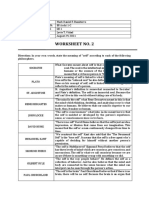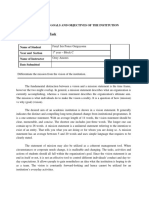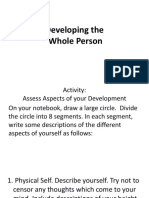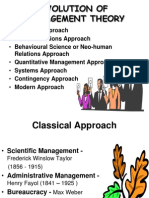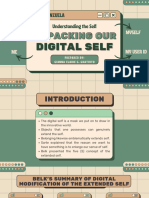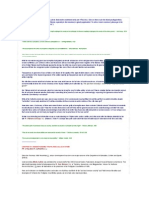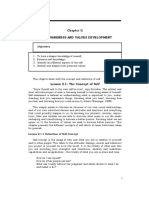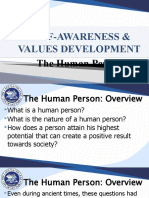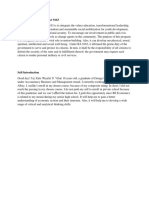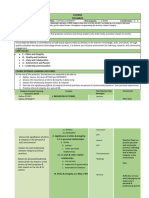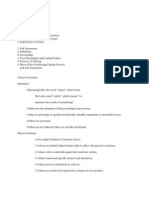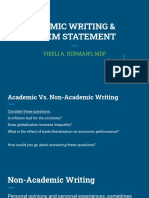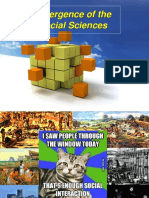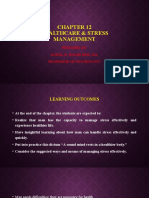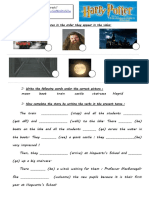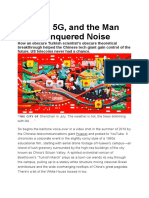100% found this document useful (2 votes)
951 views8 pagesModule 2 - Self-Awareness and Values Formation
This document outlines the objectives and content of a module on self-awareness, personality development, and values formation. The module aims to help students understand the importance of self-awareness, appreciate their self-worth, determine their personality strengths and weaknesses, and understand how values are developed and their role in decision-making. Key topics covered include the definition of self-awareness and its importance; Johari's Window model of self-awareness; definitions of personality and its components; definitions of values and their nature; and periods of values development. Optional activities are also provided to help students gain self-insights.
Uploaded by
Irish Khaye AlmoceraCopyright
© © All Rights Reserved
We take content rights seriously. If you suspect this is your content, claim it here.
Available Formats
Download as DOC, PDF, TXT or read online on Scribd
100% found this document useful (2 votes)
951 views8 pagesModule 2 - Self-Awareness and Values Formation
This document outlines the objectives and content of a module on self-awareness, personality development, and values formation. The module aims to help students understand the importance of self-awareness, appreciate their self-worth, determine their personality strengths and weaknesses, and understand how values are developed and their role in decision-making. Key topics covered include the definition of self-awareness and its importance; Johari's Window model of self-awareness; definitions of personality and its components; definitions of values and their nature; and periods of values development. Optional activities are also provided to help students gain self-insights.
Uploaded by
Irish Khaye AlmoceraCopyright
© © All Rights Reserved
We take content rights seriously. If you suspect this is your content, claim it here.
Available Formats
Download as DOC, PDF, TXT or read online on Scribd
/ 8





